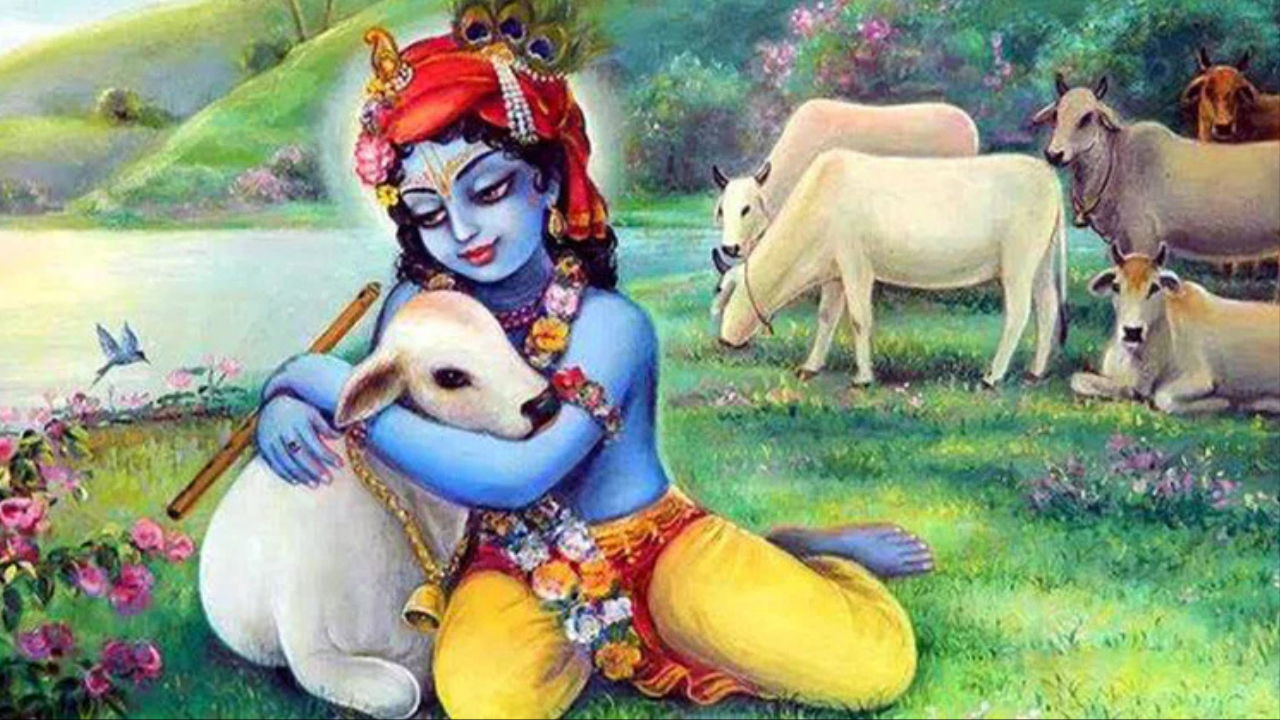The term “Aryan” originates from the Sanskrit word Ārya, meaning noble, righteous, or honorable. According to Vedic literature, an Aryan is not defined by race but by their qualities, behavior, and adherence to certain principles. Below are the primary qualities of an Aryan as highlighted in Vedic texts:
1. Vegetarianism: A Lifestyle of Non-Violence
The Vedas emphasize Ahimsa (non-violence) as a cardinal virtue. Vegetarianism is a core tenet of Aryan living, reflecting compassion for all living beings. Scriptures such as the Manusmriti and the Rigveda discourage the killing of animals for food, advocating for a diet that aligns with spiritual purity and ecological harmony. By refraining from meat consumption, Aryans cultivate self-discipline and a sense of interconnectedness with nature.
2. Born in Aryavarta: The Sacred Land
Vedic texts describe Aryavarta—the “Land of the Aryans”—as the geographical region encompassing today’s Afghanistan, Pakistan, India, Bangladesh, Nepal, Tibet, Bhutan, Myanmar, and Sri Lanka. This region was regarded as sacred due to its association with the Vedas’ origins and the flourishing of Sanatana Dharma. Being born in Aryavarta carries the responsibility of upholding Vedic values and preserving the spiritual heritage of this divine land.
3. Belief in the Vedas as the Final Authority
The Vedas are considered the ultimate source of knowledge, guidance, and truth for Aryans. Reverence for the Vedas as the supreme authority signifies an Aryan’s faith in the divine wisdom of the Shruti (revealed scriptures). Following Vedic principles is seen as essential for leading a righteous life, ensuring harmony with both the material and spiritual realms. Aryans adhere to these teachings while respecting the Vedas’ universality and their role as the foundation of Dharma.
4. Love and Protection for Cows
Cows hold a sacred place in Vedic culture, symbolizing abundance, nourishment, and purity. The Atharvaveda and Yajurveda extol the cow as a mother figure (Gau Mata), whose protection is a moral duty of every Aryan. The cow provides milk, which is viewed as a life-sustaining nectar, and its role in agriculture makes it indispensable to society. Protecting cows is considered synonymous with upholding Dharma and respecting the interconnectedness of all life.
Aryan Values in Contemporary Context
While rooted in ancient traditions, the qualities of an Aryan remain relevant today as guiding principles for leading a life of integrity, compassion, and spiritual growth. Vegetarianism promotes health and environmental sustainability, reverence for the Vedas encourages a pursuit of wisdom, and the protection of cows fosters ethical coexistence. Similarly, the idea of Aryavarta inspires unity among people in the Indian subcontinent and beyond, emphasizing shared cultural and spiritual roots.
The Vedic ideal of Aryanhood transcends geographic and cultural boundaries, reminding humanity of the importance of living in harmony with nature, upholding truth, and practicing universal compassion.

